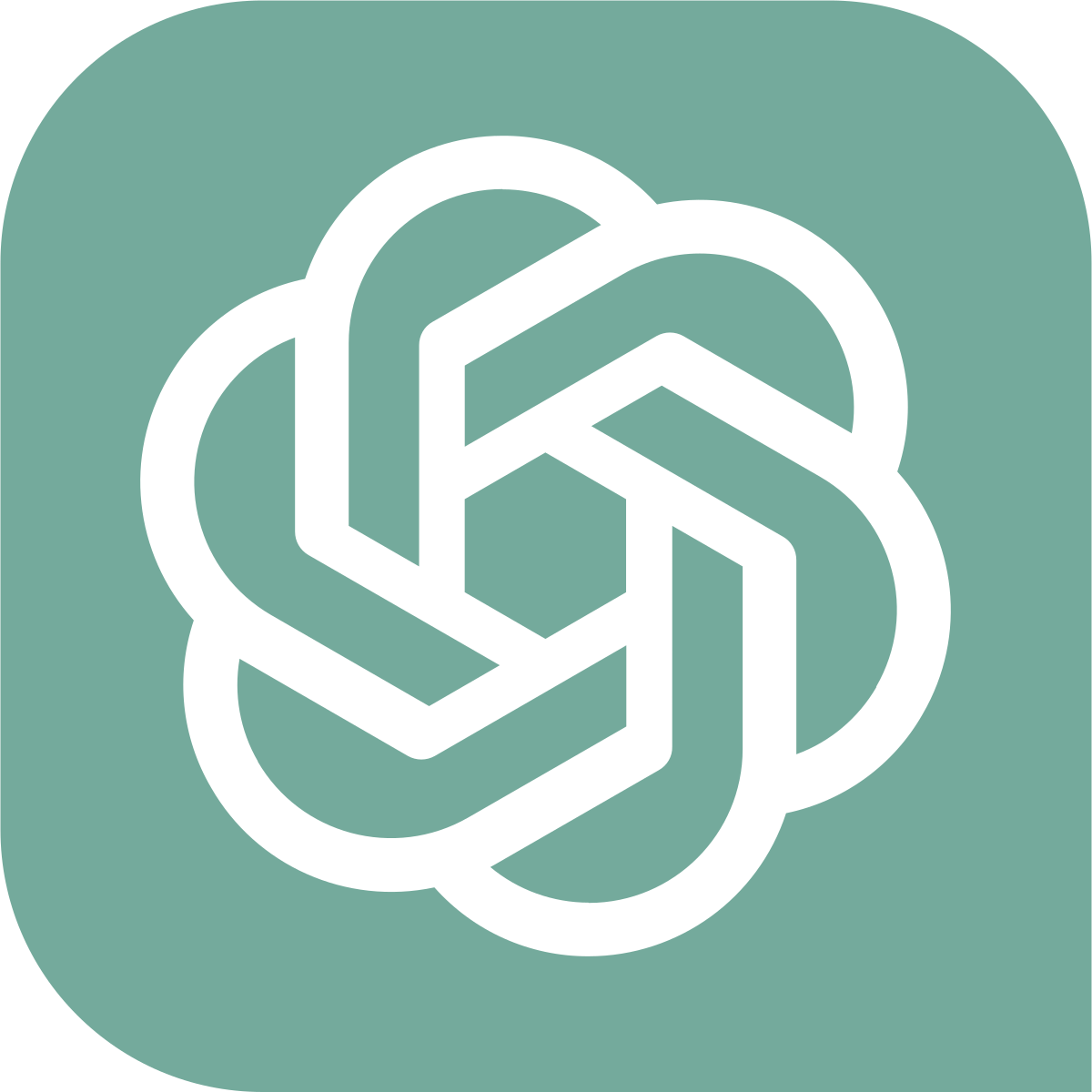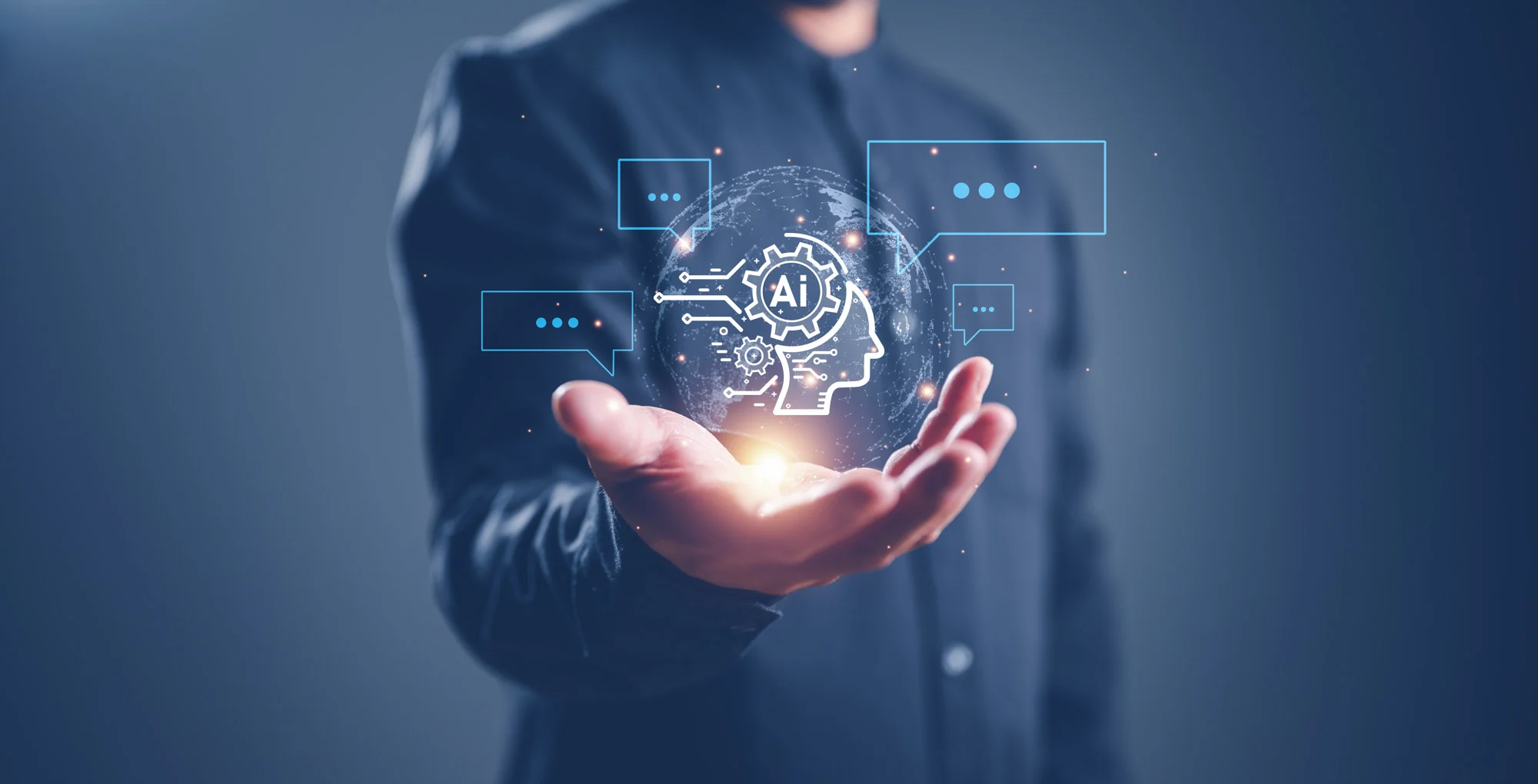ChatGPT, the AI chatbot developed by OpenAI, has taken the world by storm. Its ability to hold conversations, generate different creative text formats, and answer questions in an informative way has sparked a wave of excitement about the potential of Artificial Intelligence (AI). But what exactly can ChatGPT do, and how does it foreshadow the future of AI?
Understanding ChatGPT’s Strengths
ChatGPT’s core lies in its mastery of language. It can analyze vast amounts of text data and use that knowledge to mimic human-like conversation. This allows users to interact with ChatGPTLI on a variety of topics, from casual chit-chat to seeking factual information.
Here are some of ChatGPT’s key strengths:
- Conversational fluency: ChatGPT can engage in conversations that feel natural, responding to prompts and questions in a way that simulates human interaction.
- Creative text generation: Need a poem for a birthday card or a script for a short video? ChatGPT can create different creative text formats based on your instructions.
- Informative answers: If you have a question, ChatGPT can search its vast knowledge base and provide informative answers, even on complex topics.
- Adaptability: One of ChatGPT’s most impressive features is its ability to learn and adapt. As it interacts with users and is exposed to new information, it continuously refines its responses.
Check Also: Revolutionizing Conversations: How ChatGPT is Changing Communication
Future
ChatGPT’s capabilities offer a glimpse into a future where AI plays a more prominent role in our lives. Here are some potential applications:
- Enhanced customer service: ChatGPT can be used to create chatbots that can answer customer questions, troubleshoot problems, and even personalize interactions.
- Educational tools: AI tutors powered by ChatGPT can provide students with personalized learning experiences and answer their questions in a way that caters to their individual needs.
- Creative assistance: Writers, artists, and designers can leverage ChatGPT’s creative text generation abilities to overcome writer’s block or brainstorm new ideas.
- Accessibility tools: For people with disabilities, ChatGPT can be used to create voice-activated interfaces or generate written summaries of audio recordings.
Challenges and Considerations
While ChatGPT’s potential is vast, there are also challenges to consider. There are concerns about factual accuracy, potential bias in responses, and the possibility of misuse for malicious purposes. As with any powerful technology, it’s crucial to develop safeguards and ethical guidelines for the responsible use of AI.
Check Also: How to Create an OpenAI API Key: A Step-by-Step Guide
FAQs
Conclusion
ChatGPTAI represents a significant leap forward in AI technology. Its capabilities provide a compelling look at the future where AI can seamlessly integrate into our lives, boosting productivity, creativity, and access to information. However, responsible development and thoughtful implementation are essential to ensure AI benefits all of humanity.
Check Also: 185+ Most Asked Prompts on ChatGPT

